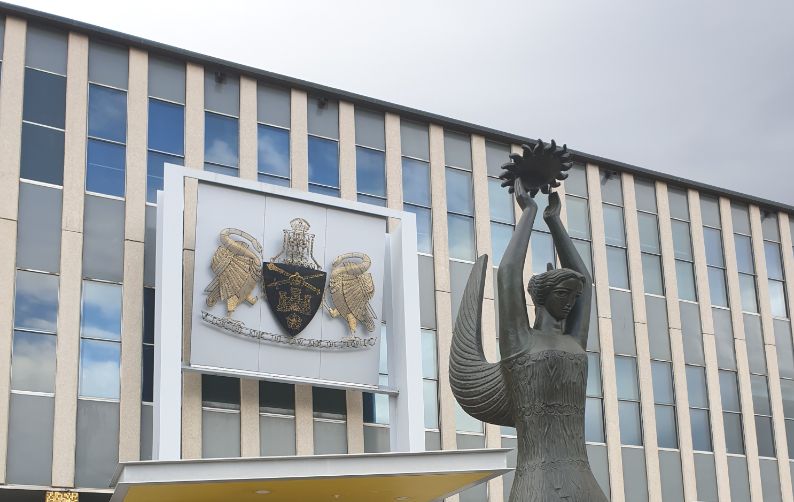Attorney-General Shane Rattenbury introduced a bill into the Legislative Assembly this morning to raise the minimum age of criminal responsibility from 10 to 14. Debate was adjourned to the next sitting.
The Bill proposes a staged approach: raising the minimum age to 12 years once the legislation passes, and to 14 years by July 2025. The ACT will become the second jurisdiction after the Northern Territory to raise the age, and the first jurisdiction in Australia to raise it to 14 years.
“These reforms are ground-breaking for the ACT and indeed, for Australia,” Mr Rattenbury said.
“Children as young as 10 years old can be charged, arrested, and placed in detention if they are found guilty of committing a criminal offence.”
But, the Attorney-General argued, children under 14 were unlikely to understand the gravity of a criminal offence, or to meaningfully engage in the criminal justice process, while incarceration “leads to worse community outcomes and higher recidivism rates”.
The Bill would establish an alternative framework to divert children and young people from the criminal justice system, and identify and address their therapeutic needs. Mr Rattenbury claimed that they often engage in harmful, risky, or violent behaviour because of trauma, abuse, neglect, homelessness, or unmet disability or mental health needs.
“The amendments in this Bill will help address these risk factors and help young people rather than criminalise them,” Mr Rattenbury said.
Four exceptionally serious and intentionally violent Schedule 1 offences – murder, inflicting grievous bodily harm, sexual assault in the first degree, act of indecency in the first degree – will retain a minimum age of 12 years. The ACT Law Society and the ACT Council of Social Service (ACTCOSS), however, object to these exceptions.
Children aged 12 and 13 years charged with a Schedule 1 offence, and children aged over the minimum age and up to 18 years, could serve a Therapeutic Correction Order, a new community-based sentence without imprisonment.
Any criminal orders in place for children and young people under the current minimum age of criminal responsibility will no longer be enforceable once the minimum age is raised, while convictions for all offences committed by 10- to 13-year-old children will be extinguished.
Mr Rattenbury also argued that the Bill would ensure Indigenous children and young people would remain connected to community, country, and cultural heritage, “critical connections” that incarceration would disrupt. The ACT Government intends to reduce the rate of Indigenous young people in detention by at least 30 per cent by 2031.
Sexual assault bill passes Assembly
Also this morning, the Sexual Assault Reform Legislation Bill 2022 passed the Assembly. The bill was introduced in October.
- Rattenbury introduces bill to reform sexual assault laws (11 October 2022)
The reforms explicitly provide that evidence of prior family violence between parties may be admissible in sexual offence proceedings; that the presumption of bail does not apply to certain sexual offences in the Crimes Act 1900; omit section 80D of the Evidence (Miscellaneous Provisions) Act 1991 which requires consideration of the reasonableness of a mistaken belief as to consent; provide that self-induced intoxication cannot be considered in determining whether the accused person had knowledge, recklessness, or a reasonable belief as to consent; and allow special interim Personal Protection Orders and Workplace Protection Orders which will operate for longer than 12 months where there are ongoing related criminal proceedings.
Mr Rattenbury said the reforms will improve access to justice for victim-survivors of sexual violence, and better align ACT laws with the community’s attitudes and expectations about sexual assault.



